Prevailing Wage FAQ’s
The Davis-Bacon Act, and various state prevailing wage acts, require contractors to pay all laborers and mechanics working on covered construction contracts the locally prevailing wage and fringe benefit for the work they perform.
A contractor or subcontractor performing work subject to the Act can discharge its fringe obligation by paying it as wages, making payments towards or incurring costs for “bona fide” fringe benefit plans, or a combination of these methods.
Please note: This decision is at the discretion of the contractor not the employee.
Annualization is the time frame (annual) over which contributions to benefit plans are divided to calculate the credit a contractor can take against the fringe benefit in the prevailing wage schedule. Total annual contributions per employee are divided by total annual hours worked by each employee, on both public and private jobs. In the absence of actual hours worked, use 2080 hours (40 hrs./wk. x 52 weeks).
Please note: Certain benefit plans may be exempt from this requirement.
No, if you pay the fringe benefit as W2 income, you are overpaying payroll taxes (FICA, FUTA & SUTA) and possibly other payroll related burdens, such as workmen’s compensation and liability insurance.
Contact us for a complimentary savings analysis.
Certain benefits are recognized as common in the construction industry and examples include health, pension, life insurance, supplemental unemployment, vacation and holiday pay, and certain apprenticeship programs. The Department of Labor does not restrict the types of fringe benefit plans that can be considered “bona fide” or the dollar amount a contractor contributes towards such benefits. (IRS Contribution limits may apply.)
Please note: State recognition may vary.
A contractor cannot take credit toward discharging its prevailing wage obligation for any benefit required by a federal, state or local law, such as, workers compensation, unemployment compensation, paid sick leave or social security contributions. Furthermore, a contractor cannot offset the fringe benefit rate by an employee’s use of a company vehicle.
The Contract Work Hours and Safety Standards Act (CWHSSA), which covers most federal construction contracts, requires laborers and mechanics to be paid at one and one-half times their basic rate of pay for hours worked on covered contracts in excess of 40 hours in a week. Fringe benefits (whether paid as W2 or into a benefit fund)must also be paid on hours in excess of 40 in a week but they are paid at the straight rate not the time and a half rate.
Please note: State and municipal work may have a different interpretation, as such, see applicable wage determination.
Yes! PSA can audit your existing programs to determine if your company is in compliance. If you are not, PSA can show you how to keep your existing program and comply with the Davis-Bacon and Service Contract Acts. (See Prevailing Wage Optimizer).







